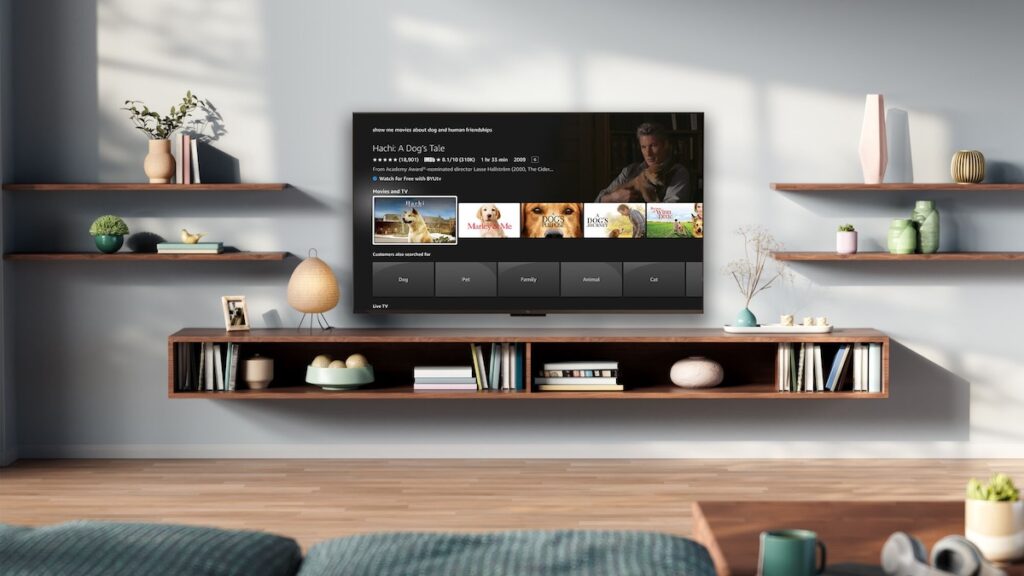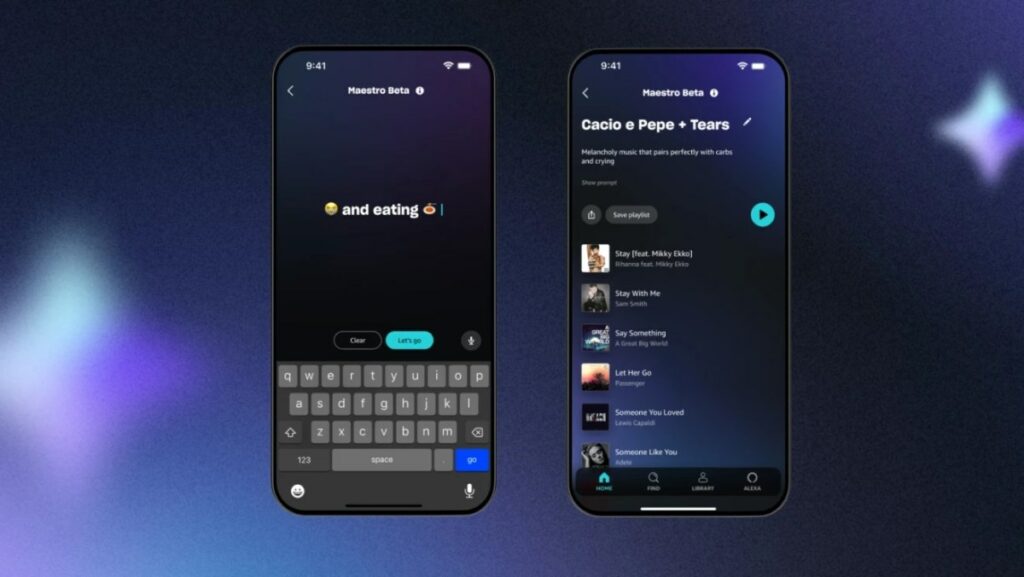Amazon announced on Wednesday new accessibility features for Fire TV, including a notable “Dual Audio” capability for the newly launched Fire TV Omni Mini-LED Series, which was unveiled in November. The new feature allows one user to listen through a hearing aid while others in the same room can enjoy audio through the TV’s built-in speakers. Additional updates include efforts to make packaging more accessible and expand hearing aid support.
Dual Audio is a significant addition for hard-of-hearing users, allowing them to share a more communal viewing experience by listening to a TV show or movie simultaneously with friends and family. While several existing Fire TV devices already have Audio Streaming for Hearing Aids (ASHA) support, this is the first model that can play audio in two different outputs. Currently, this feature is exclusive to the Fire TV Omni Mini-LED TV series and will be launching soon.
In collaboration with WS Audiology (WSA), a manufacturer of hearing aids, Amazon is also expanding ASHA support to include a wider variety of hearing aids, such as Widex Moment BTE and RIC hearing aids. Users with these devices can now stream audio directly from ASHA-enabled Fire TV devices, including the Fire TV Omni Mini-LED Series, Fire TV Omni QLED Series, Fire TV Cube, Fire TV 4-Series, Fire TV 2-Series, and Fire TV Omni Series.
Additionally, Amazon has unveiled new packaging designed to help customers who are blind or have low vision. Certain device packaging will feature newly introduced tactile-marked QR codes that include raised UV dots for better visibility, positioned on the top left corner of the back panel inside the box, where the Quick Start Guide is found.
The new QR codes are already available in an increasing number of Amazon device packages, including selected Fire TVs, Echo Show models, and various Kindle devices such as the Kindle Paperwhite, Kindle Colorsoft, and Kindle Scribe.


